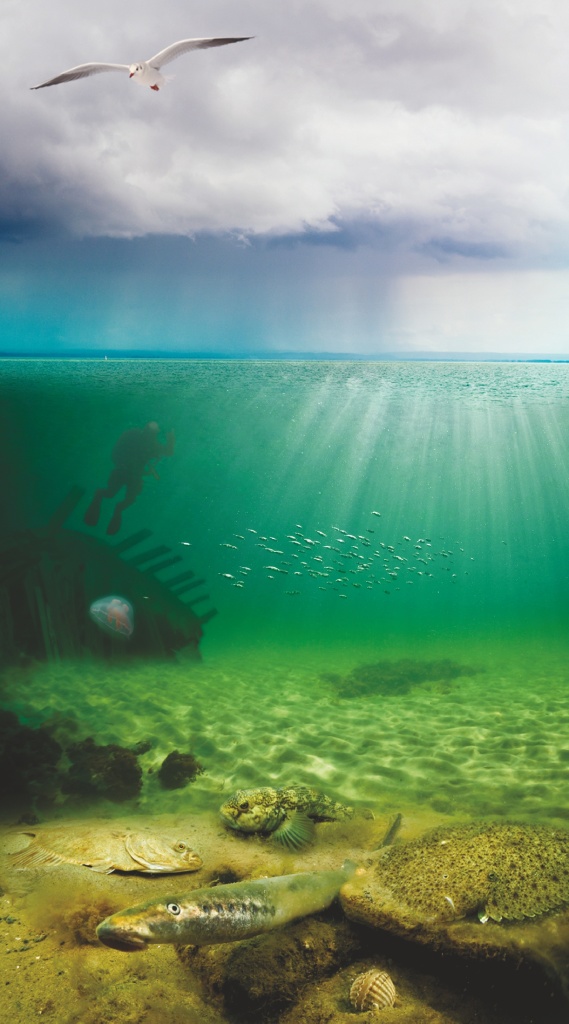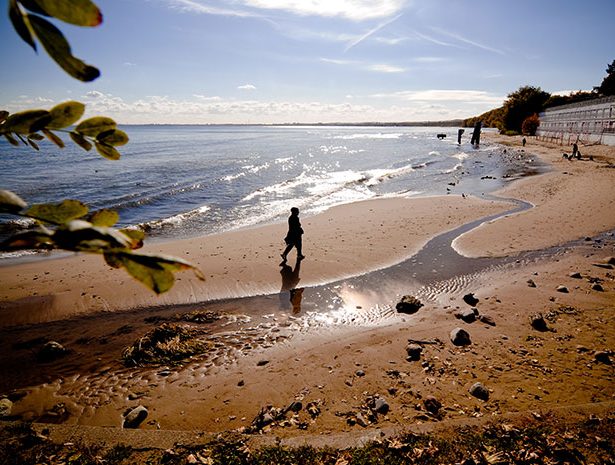 Ocean Literacy is an understanding of how the ocean affects us and how we influence it. The concept of Ocean Literacy was created as a result of the work of scientists, teachers and educators from the USA. In 2004, members of the NMEA (National Marine Educators Association) concerned about the marginalization of maritime education in schools began working on a national educational campaign. Shortly thereafter, the definition of “ocean literacy” was created, which can be translated as “understanding of the ocean”.
Ocean Literacy is an understanding of how the ocean affects us and how we influence it. The concept of Ocean Literacy was created as a result of the work of scientists, teachers and educators from the USA. In 2004, members of the NMEA (National Marine Educators Association) concerned about the marginalization of maritime education in schools began working on a national educational campaign. Shortly thereafter, the definition of “ocean literacy” was created, which can be translated as “understanding of the ocean”.
Soon, the concept also reached Europe, where EMSEA (European Marine Educators Association), an association that promotes knowledge of the sea in Europe, was created. To implement the idea of ocean literacy, international cooperation was established between scientists, teachers and educators. The Gdynia Aquarium is one of the organizations operating within EMSEA and responsible for propagating ideas in Poland.
Ocean Literacy is based on 7 assumptions. The way they are formulated illustrates the interdisciplinary nature of marine knowledge. This content provides organization, compliance and consistency in the transfer of knowledge about the ocean.
The ocean covers most of the planet’s surface, regulates weather and climate, provides most of the oxygen we breathe, and is a source of food. After decades of pollution, habitat degradation and unsustainable fisheries, and now also climate change and acidification of waters, ocean health is at great risk. The greater the public knowledge, the more willingly ocean health activities are supported. Maritime education of society is an important aspect of solving multidimensional and critical problems.
To learn more about how we are developing work on this issue in Poland or to start cooperation with us, visit our Ocean Literacy page or see our Facebook page: European Marine Science Educators Association – Baltic Sea.


